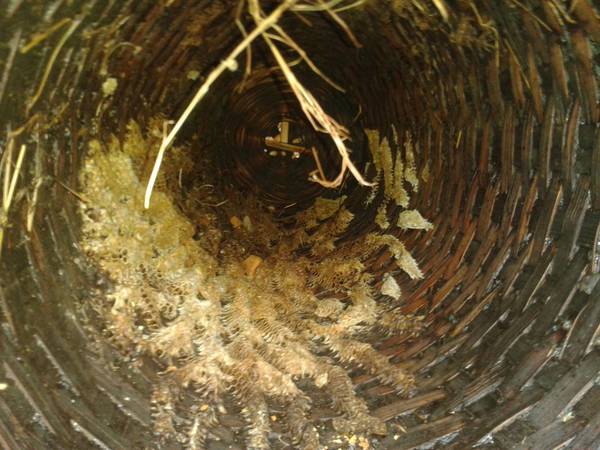Since 2011, Caritas Czech Republic has been helping local beekeepers in Ethiopia to be able to secure a living for themselves and their families, among other things. Support for their activities is slowly coming to an end. However, they should manage beekeeping independently in the following years.
 Under the terms of the project funded by the Czech Development Agency, Caritas Czech Republic has supported the establishment of three groups of twenty farmers, so-called Cooperatives. During the project, these groups started farming in three selected and enclosed areas that were planted with vegetation, mainly various types of woody plants containing anti-erosion effects, fruit-bearing trees and grass.
Under the terms of the project funded by the Czech Development Agency, Caritas Czech Republic has supported the establishment of three groups of twenty farmers, so-called Cooperatives. During the project, these groups started farming in three selected and enclosed areas that were planted with vegetation, mainly various types of woody plants containing anti-erosion effects, fruit-bearing trees and grass.
One of the three Cooperatives is a beekeeping group that farms in the area of Walena. Members of this group have received equipment in the form of modern beehives from which it is easier to obtain honey. Furthermore, revenues from new hives are higher than traditional ones. In addition to hives, beekeepers have also received honey extractors, protective suits, boots, helmets, wax foundations for honeybee frames, and sugar for feeding bee colonies in a dry season. In August, beekeepers began transferring bees to their new hives. As they settle down in their new apiaries, additional beehive floors are gradually added.
Cooperatives have also been provided with a land from the government which is now under their management. Besides beekeeping, they plant fruit trees, especially mangos, bananas, avocados and pineapples. Flowers and trees which are suitable for use as feeding for bees are planted as well.
Another part of the project consisted of a support for farmers who have obtained improved seed varieties, local grain teff and wheat that generates higher yields per hectare. In October, was the best time to proceed further and actually conducted one of the most important activities of the whole project, the construction of gabions. Gabions are damns that are constructed of boxes filled with rocks and which become effective solutions in the fight against slumping soil. Construction of additional gabions runs from October 2013 and will continue until January 2014.









